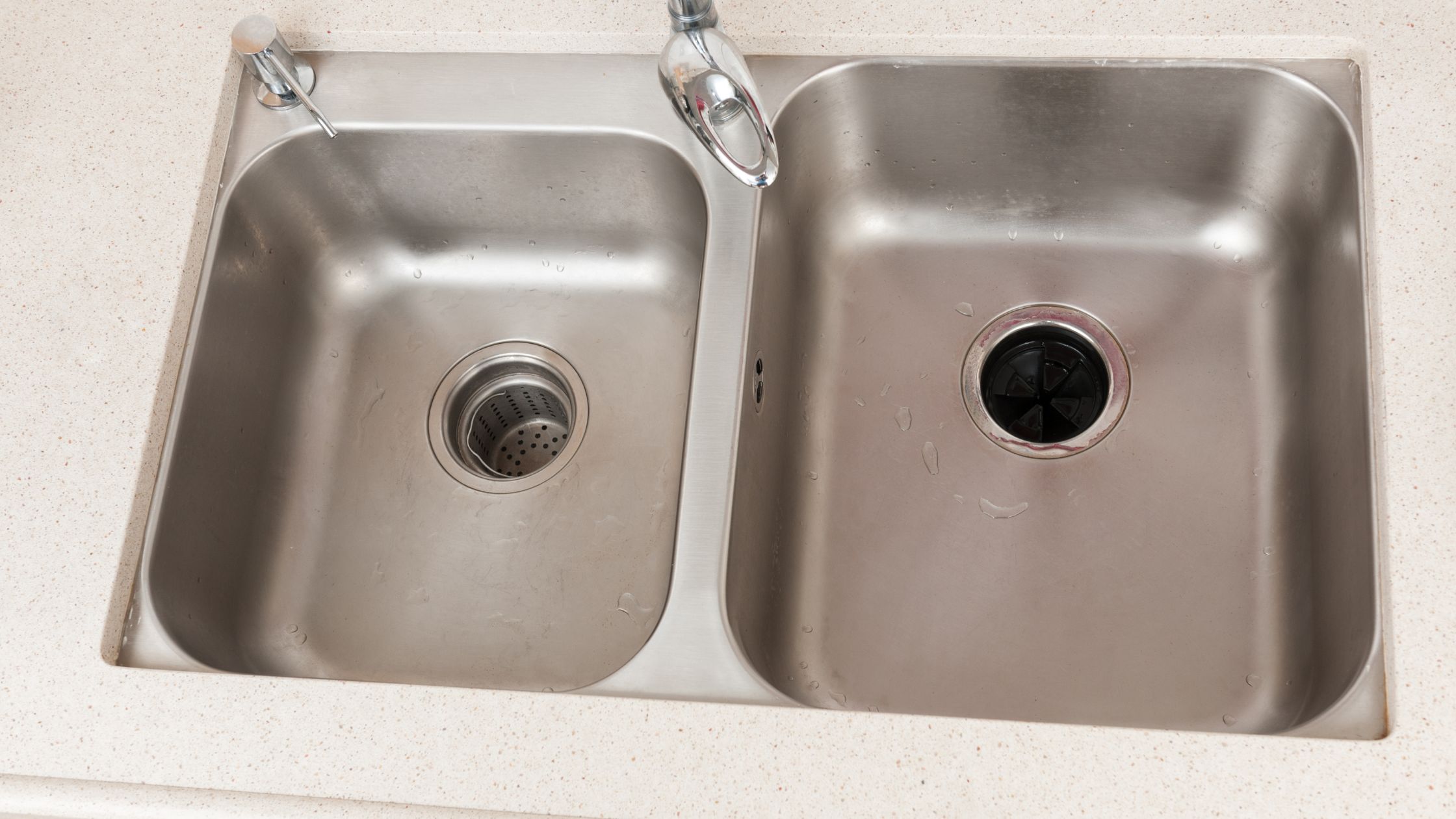Laboratories are intricate environments where precision, safety, and cleanliness are paramount. Within these controlled spaces, various equipment and infrastructure are employed to facilitate experiments, analyses, and research endeavours. Among these essential components are sinks, which serve a crucial role in maintaining hygiene, facilitating experiments, and disposing of hazardous substances. Understanding the types of sinks used in laboratories is fundamental to appreciating the diverse needs and functionalities within these settings. One notable provider of laboratory sinks is Brayco, whose products are trusted for their quality and reliability. You can explore their range of sinks and other stainless steel laboratory equipment at braycostainless.co.nz.

Stainless Steel Sinks:
Stainless steel sinks are a common choice in laboratories due to their durability, resistance to corrosion, and ease of cleaning. They are suitable for a wide range of applications, including chemical, biological, and medical laboratories. Stainless steel sinks are non-porous, which means they are less likely to harbour bacteria and other contaminants, making them ideal for environments where cleanliness is paramount.
Epoxy Resin Sinks:
Epoxy resin sinks are specially designed for laboratories handling corrosive chemicals. They are resistant to a wide range of chemicals, acids, and bases, making them suitable for use in chemistry labs and research facilities where hazardous substances are handled. Epoxy resin sinks also offer excellent heat resistance, ensuring they remain intact even when exposed to high temperatures during experiments.
Polypropylene Sinks:
Polypropylene sinks are lightweight, durable, and resistant to chemical corrosion, making them a cost-effective option for laboratories on a budget. They are commonly used in educational institutions, smaller research facilities, and industrial labs where basic functionality is prioritised over specialized features. Polypropylene sinks are available in various sizes and configurations to accommodate different laboratory setups.
Glass Sinks:
Glass sinks are primarily used in analytical laboratories and cleanroom environments where absolute purity is essential. They are made from borosilicate glass, which is highly resistant to thermal shock and chemical corrosion. Glass sinks offer a smooth, non-porous surface that is easy to clean and sterilise, making them suitable for applications requiring stringent hygiene standards.
Composite Sinks:
Composite sinks combine the properties of different materials to provide enhanced performance and durability. For example, a composite sink may feature a stainless steel basin with an epoxy resin coating for added chemical resistance. These sinks offer versatility and can be customised to meet specific laboratory requirements, making them a popular choice in research facilities and specialised laboratories.
When selecting a sink for a laboratory, it’s essential to consider the specific requirements of the applications and experiments conducted in the facility. Factors such as chemical compatibility, durability, ease of cleaning, and budget constraints should all be taken into account to ensure the chosen sink meets the needs of the laboratory environment.
In New Zealand, where innovation and scientific research are highly valued, laboratories rely on a diverse range of sinks to support their work across various disciplines. Whether it’s analysing samples in a chemistry lab or conducting experiments in a medical research facility, the right sink plays a crucial role in maintaining a safe, efficient, and productive laboratory environment.